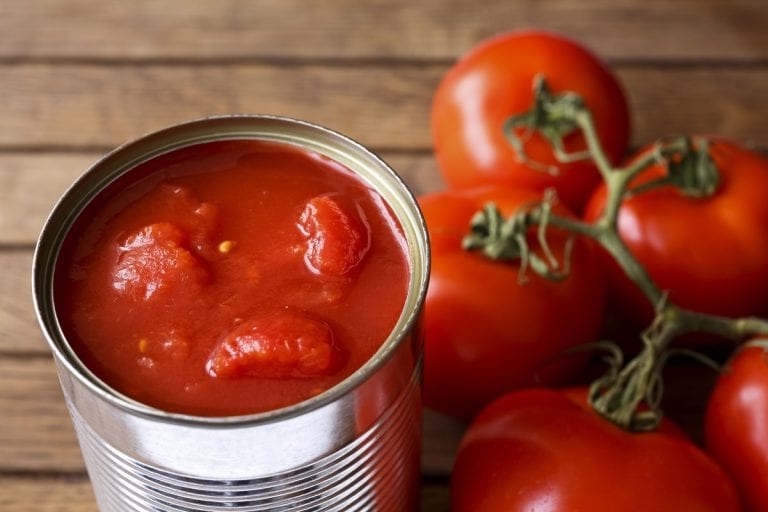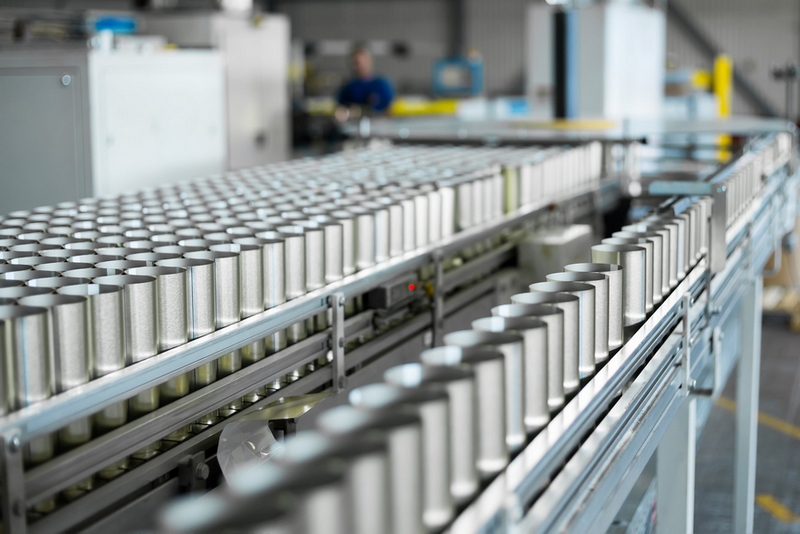Respect for your privacy is our priority
The cookie is a small information file stored in your browser each time you visit our web page.Cookies are useful because they record the history of your activity on our web page. Thus, when you return to the page, it identifies you and configures its content based on your browsing habits, your identity and your preferences.
You may accept cookies or refuse, block or delete cookies, at your convenience. To do this, you can choose from one of the options available on this window or even and if necessary, by configuring your browser.
If you refuse cookies, we can not guarantee the proper functioning of the various features of our web page.
For more information, please read the COOKIES INFORMATION section on our web page.


 Once again, the Covid19 pandemic is at the root of the problem. As explained in detail by several of the speakers at the Tomato News Conference on 8 June, the quantities of steel from Asian production regions fell significantly last year, without European producers being able to compensate for the shortfall from their reserves. Simultaneously, however, the demand for canned tinplate has increased noticeably, to the point that disruption has become inevitable: tinplate supplies are insufficient and prices of available quantities have increased, with peaks sometimes reaching 60%.
Once again, the Covid19 pandemic is at the root of the problem. As explained in detail by several of the speakers at the Tomato News Conference on 8 June, the quantities of steel from Asian production regions fell significantly last year, without European producers being able to compensate for the shortfall from their reserves. Simultaneously, however, the demand for canned tinplate has increased noticeably, to the point that disruption has become inevitable: tinplate supplies are insufficient and prices of available quantities have increased, with peaks sometimes reaching 60%. At present, an increase in the cost of canned products is inevitable, a direct consequence of the increase in the cost of steel. With regard to the finished product, if the situation does not change, this pressure could result in an increase in selling prices of up to 10% for the end consumer, also driven by the growth in demand for products with a long shelf-life, a fact that reflects the concern of Italian families (and consumers in many other countries) in the face of the pandemic.
At present, an increase in the cost of canned products is inevitable, a direct consequence of the increase in the cost of steel. With regard to the finished product, if the situation does not change, this pressure could result in an increase in selling prices of up to 10% for the end consumer, also driven by the growth in demand for products with a long shelf-life, a fact that reflects the concern of Italian families (and consumers in many other countries) in the face of the pandemic.




























